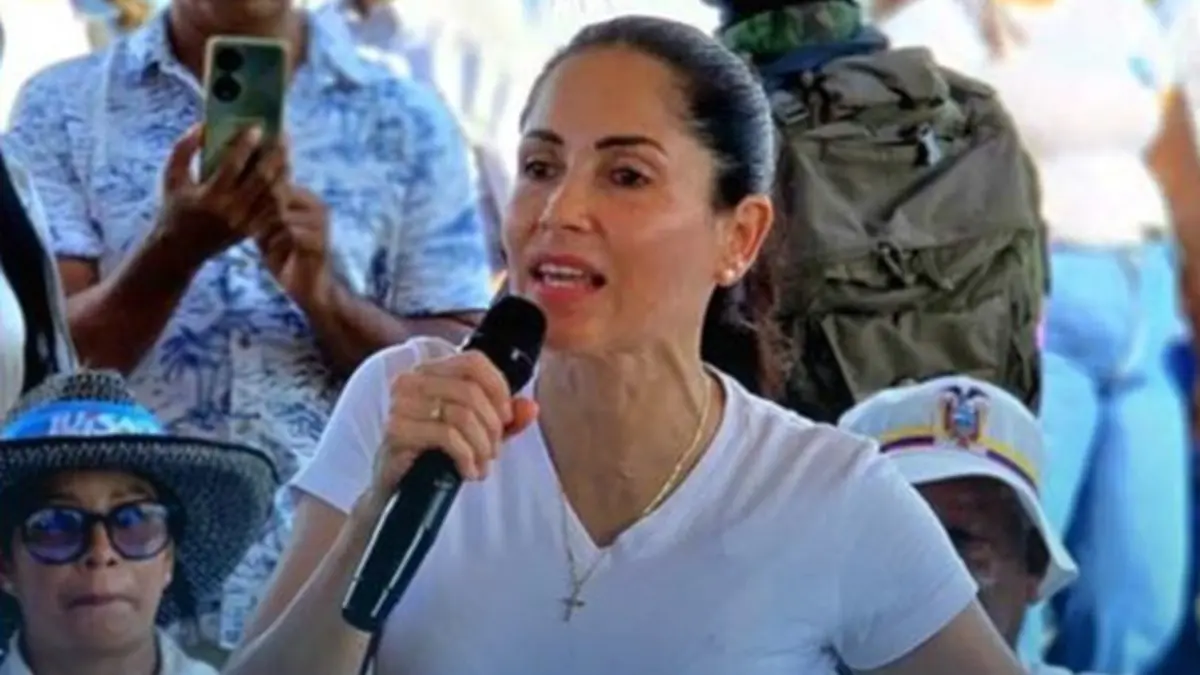Calls for Transparency Intensify After Ecuador’s Runoff Election

Ecuadorians during the presidential elections of April 13, 2025. X/ @Batalladeideas
April 18, 2025 Hour: 10:01 am
Structural inequality between political actors reduces the likelihood of prosecuting complaints of electoral irregularities.
On April 13, Ecuadorians went to the polls for a runoff election in which President Daniel Noboa and Citizen Revolution leader Luisa Gonzalez competed for the presidency for the 2025–2029 term.
RELATED:
Network of Intellectuals Expresses Concern Over Ecuador’s Political Situation
According to the official results announced by the National Electoral Council (CNE), Noboa defeated Gonzalez by more than 10 percentage points, which sparked discontent given that most opinion polls had consistently shown the Citizen Revolution candidate as the favorite to win the presidency.
In response, this week Gonzalez rejected the official results and denounced several irregularities committed during the electoral process.
In an interview with teleSUR, international law attorney Ivonne Tellez explained that the post-electoral landscape in Ecuador should be marked by transparency, fairness, and trust. However, that is not the case, as a situation of structural inequality between political actors prevails.
“Under the current circumstances, there is no possibility of filing complaints with authorities capable of demonstrating impartiality in addressing potential electoral irregularities,” Tellez noted, emphasizing that Noboa has succeeded in controlling the majority of state institutions.
“The candidate Gonzalez would not take these complaints to the international level if she had the necessary institutional support in her country,” she said.
“The current environment does not provide guarantees for the processing of these complaints. This casts doubt on the transparency required for elections as a democratic exercise.”
While the National Electoral Council has downplayed the allegations of electoral fraud, it has stated that it would be willing to review the irregularities if it receives the appropriate requests.
“The consolidation of power by the current government, however, limits the opposition’s ability to exercise their legitimate right to seek clarification about the electoral process,” Tellez explained.
“If a vote recount carried out by the National Electoral Council were to confirm irregularities, the case should then be referred to judicial institutions to take the appropriate measures,” she added.
Another concerning aspect of the current political situation in Ecuador is President Noboa’s repeated violations of the Constitution and laws, which “could have rendered the electoral process null and void,” Tellez explained.
“Organizations such as the Community of Latin American and Caribbean States and the Organization of American States… have detected inconsistencies in the electoral process, but their recommendations are political in nature and cannot legally compel the Ecuadorian State,” she added.
If electoral fraud were to be proven, “new elections could be proposed,” Tellez said, although she believes this is “unlikely given that the current government controls the institutions.”
Under these circumstances, former candidate Luisa Gonzalez can only attempt to exhaust domestic avenues and prioritize the demand for a vote recount, an option permitted under Ecuadorian law.
teleSUR/ JF
Source: teleSUR






